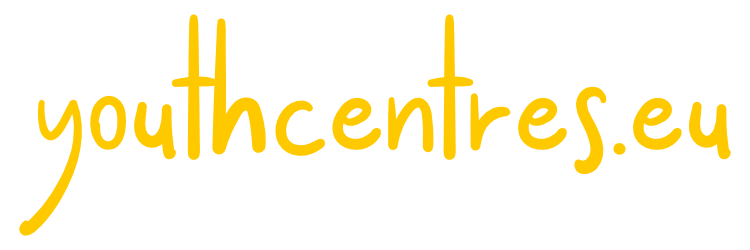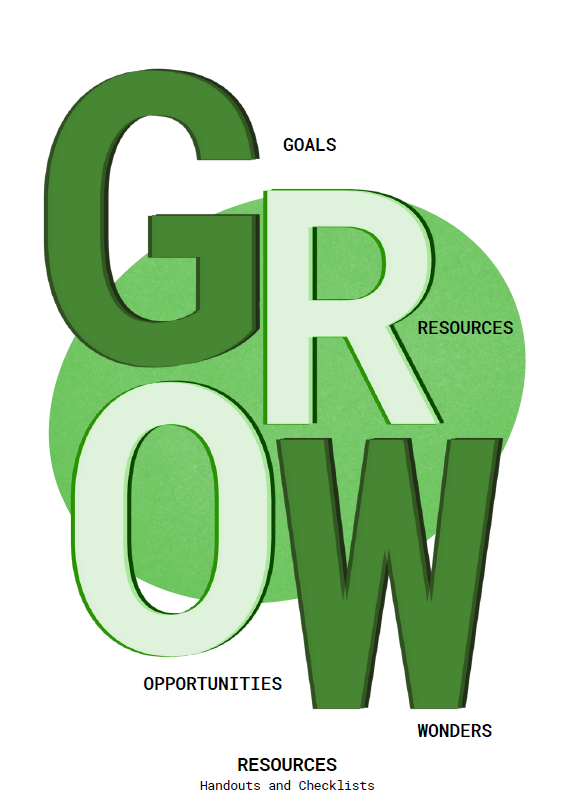About the library
Welcome to our Library – a central archive that brings together essential tools, methods, and research on Open Youth Work, all in one place.
Here you’ll find a curated collection of practical resources, methodological toolkits, and research materials designed to support youth workers, educators, and practitioners in the field of Open Youth Work. The Library offers materials that are free to explore, download, and use in your daily work.

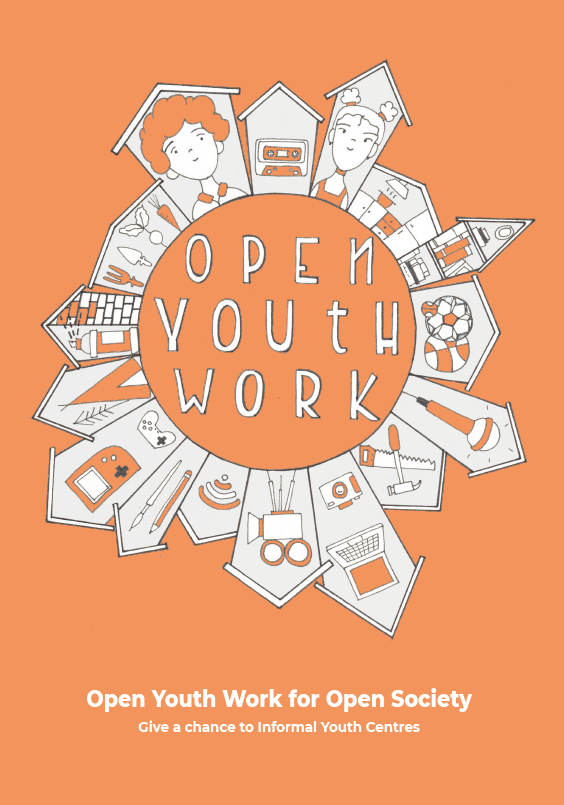
Open Youth Work - Booklet
Presents the full results of the ‘Open Youth Work for Open Society‘ project. It offers an overview of the process, methodologies used, and key outcomes. The findings show how open youth work strengthens young people’s skills, encouraging them to take initiative and play an active role in their communities.
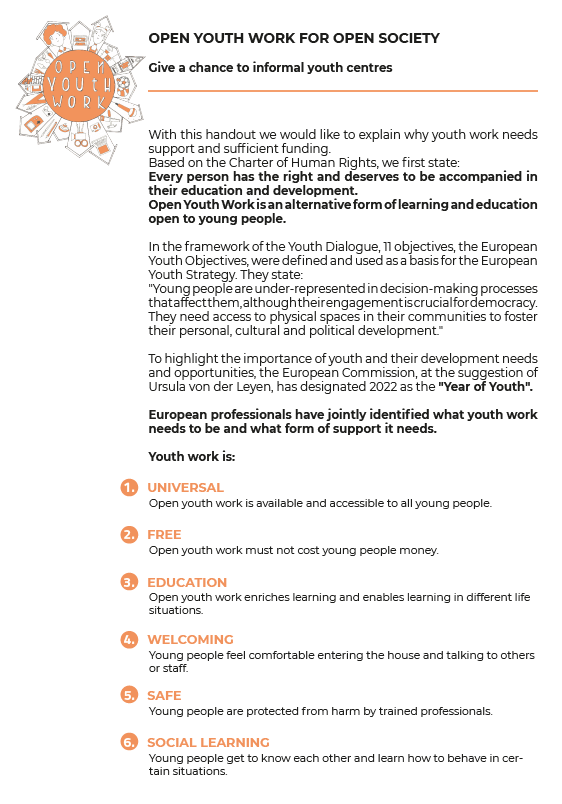
Open Youth Work - Handout
A concise summary with tools and recommendations to implement, support and recognise open youth work in informal youth centres. It is designed as a quick and accessible resource for youth workers, policymakers and anyone interested in working with young people and strengthening informal youth centres.
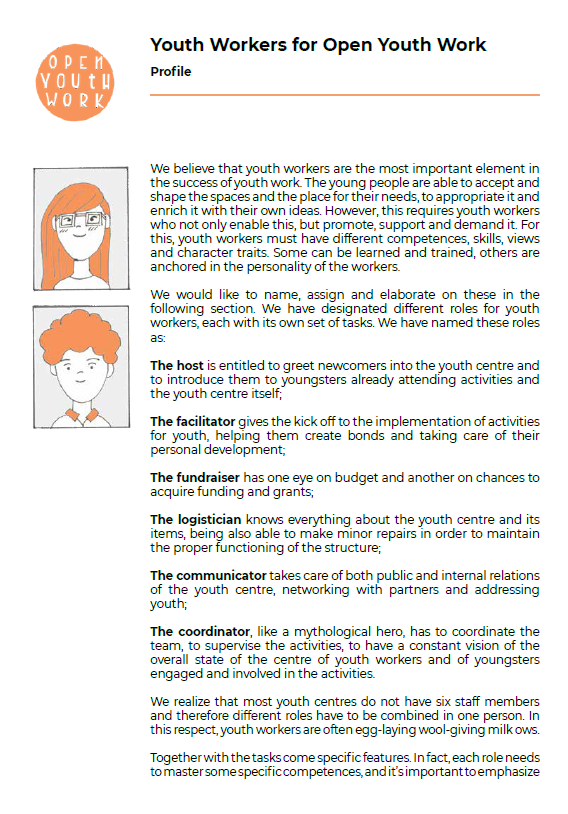
Youth Workers for Open Youth Work - Position Paper
Youth workers are the key to successful youth work. Young people can shape and take ownership of a space, but only if guided by professionals who encourage, support and challenge them. This paper outlines the core skills, attitudes, and roles youth workers need to support young people effectively.
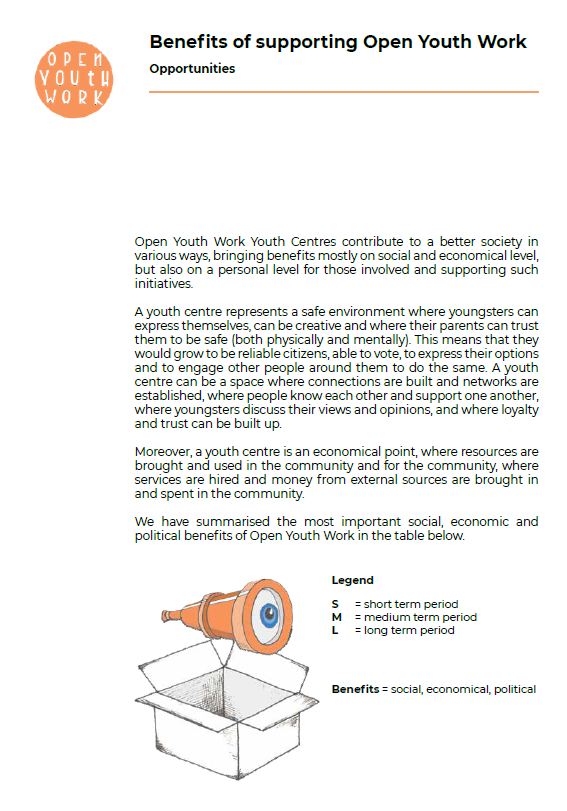
Benefits of supporting Open Youth Work - Position Paper
Open Youth Centres bring concrete value to society — not only for young people, but for communities as a whole. They generate social, economic and personal benefits, and contribute to active citizenship and social cohesion. A summary of the key advantages of Open Youth Work is available in the downloadable position paper below.
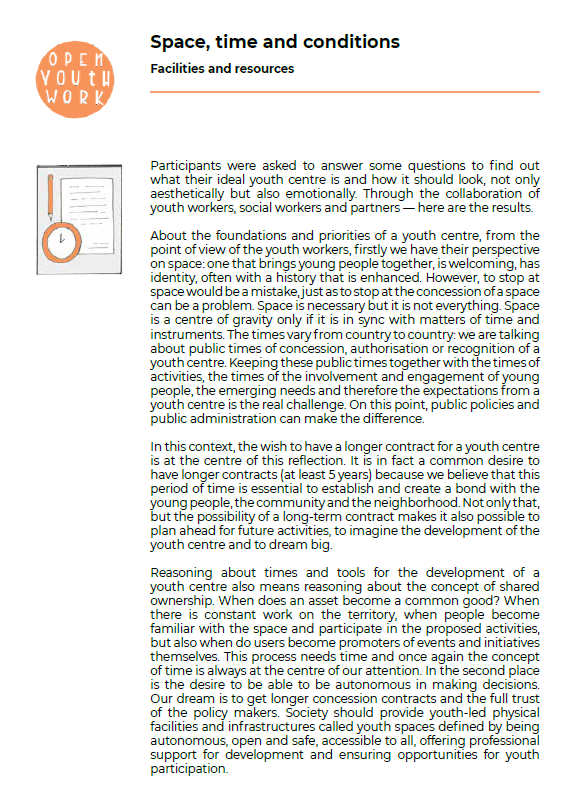
Open Youth Work - Space, time and conditions - Position Paper
This paper explores what makes a youth centre truly meaningful beyond just its physical space. It highlights the importance of aligning institutional timelines with young people’s rhythms of participation and their evolving needs. Effective youth spaces depend on timing, active involvement, and supportive public policies.
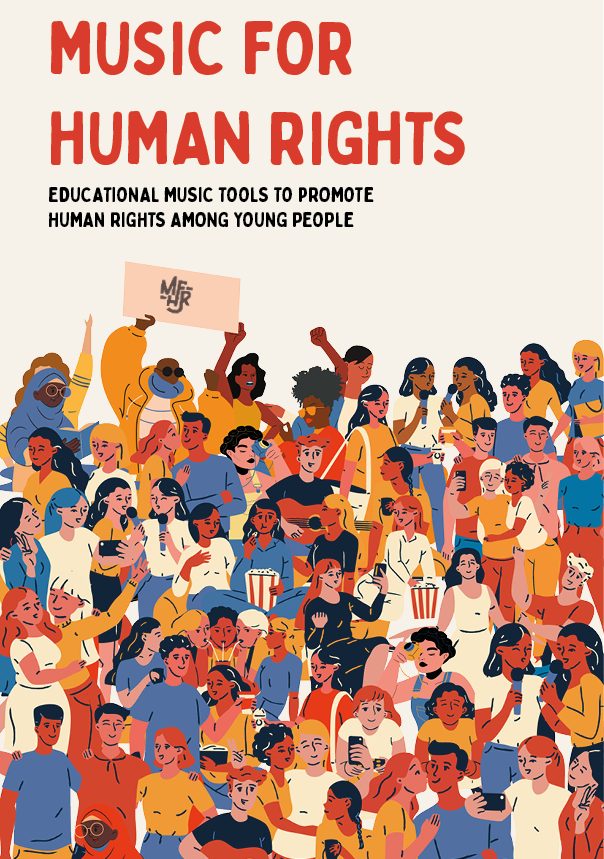
Education Music Tools to promore Human Rights - Toolkit
A methodological toolkit designed to enhance the quality of human rights education in youth settings through the universal language of music. It provides songs, lyrics, and activities tailored for two specific age groups: youth aged 15–30, focusing mainly on the UDHR, and youngsters aged 10–15, centered around the Convention on the Rights of the Child.
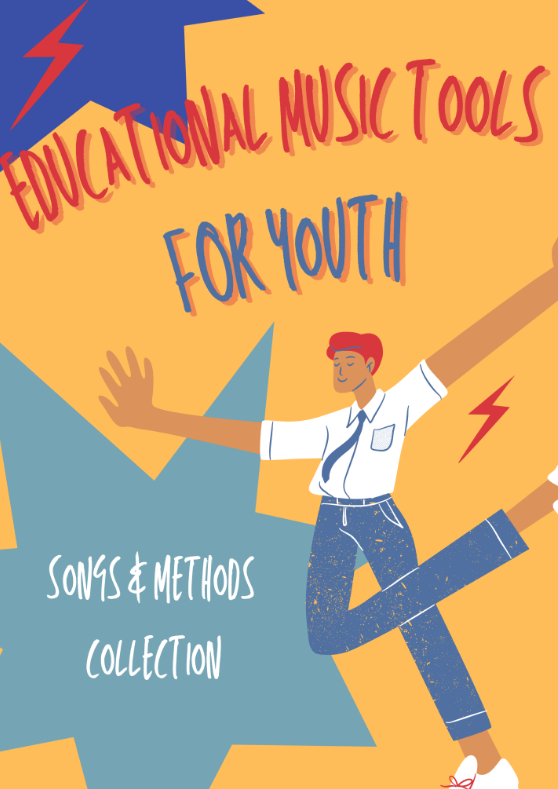
Music for Human Rights - Toolbox for Youth
A toolbox developed for youth aged 15–30 to explore the Universal Declaration of Human Rights. The activities aim to make human rights more relatable and understandable, while also encouraging critical thinking about global issues. Each tool is designed to include clear material lists and printable components where needed.
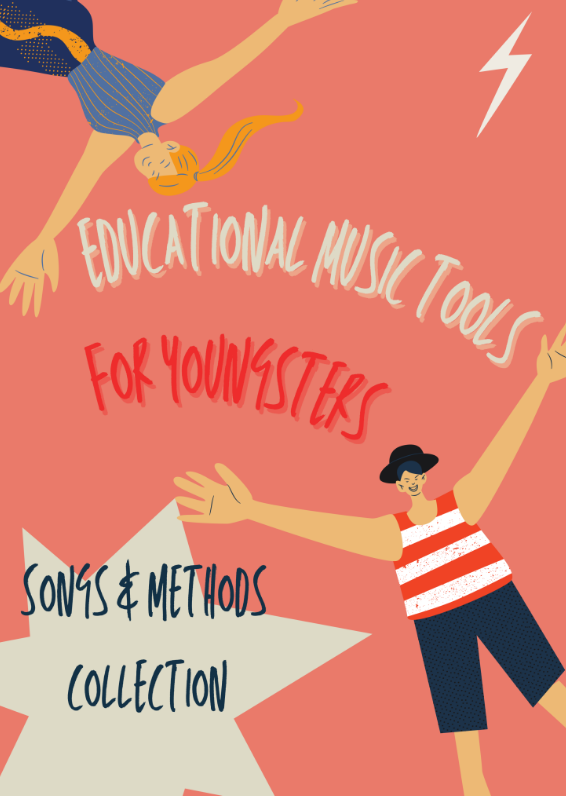
Music for Human Rights - Toolbox for Youngsters
A toolbox created for children aged 10–15, focusing on the Convention on the Rights of the Child. The activities help young people build a strong sense of values while becoming aware of their rights in everyday life. Designed to be age-appropriate and easy to understand, each activity includes a materials list, with printable components.
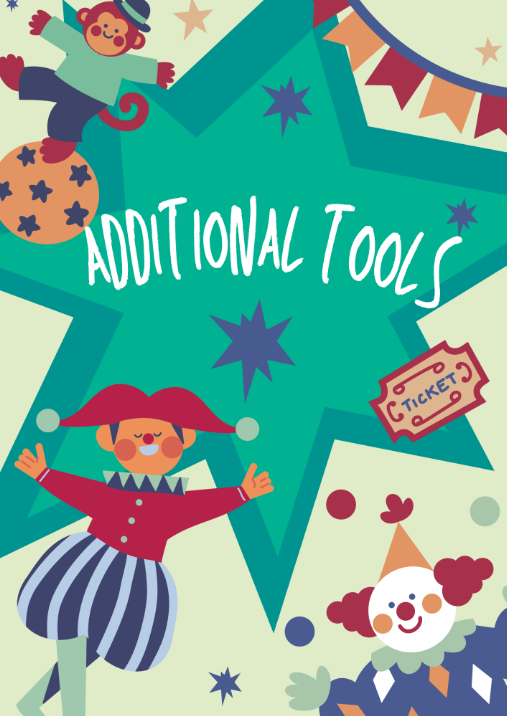
Music for Human Rights - Energizers and Icebreakers
A set of additional tools featuring warm-ups, energizers, and teambuilding activities, designed to build group cohesion and boost energy. Some of the activities have been adapted with a musical twist to fit the project’s creative approach. These tools are ideal for starting sessions, breaking the ice, and creating a positive group dynamic in youth settings.
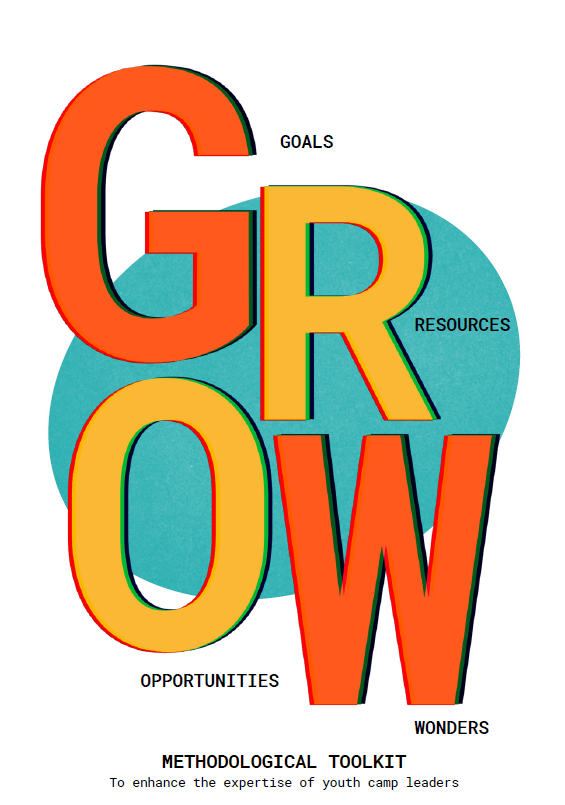
G.R.O.W. – Toolkit for Youth Camps
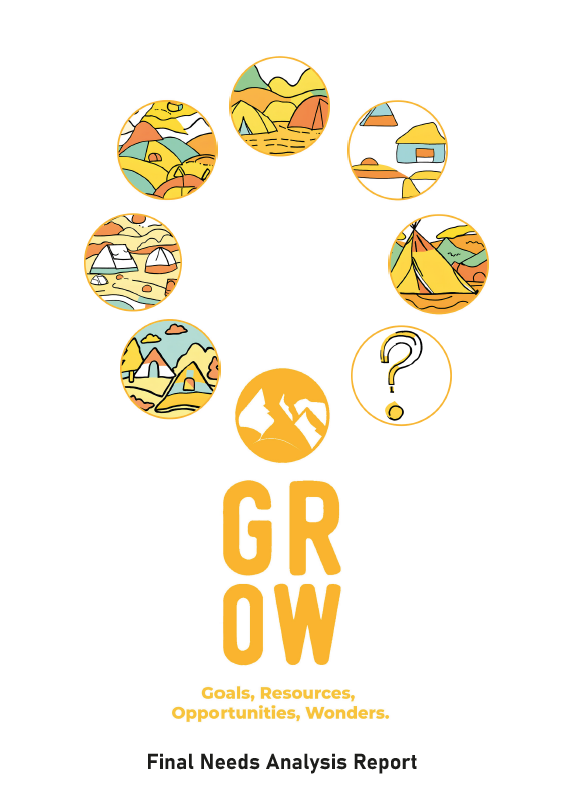
G.R.O.W. – Needs Analysis Report
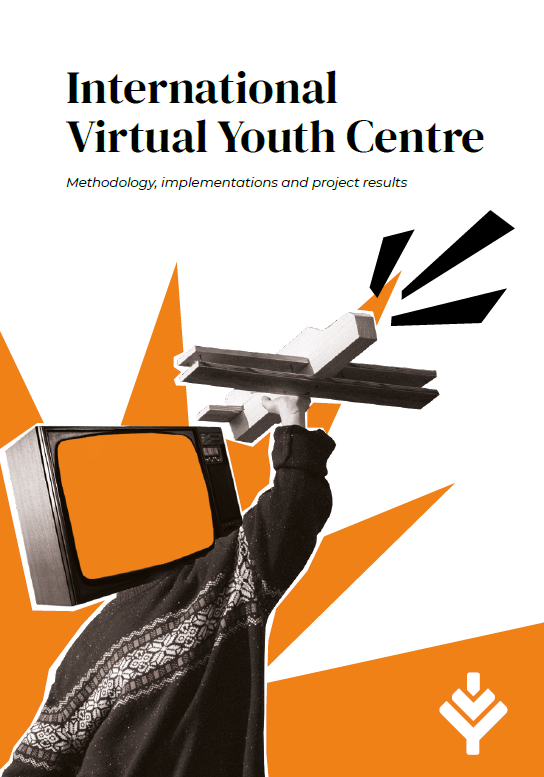
International Virtual Youth Centre - Booklet
A comprehensive booklet featuring ten articles from the IVYC project, offering insights into digital youth work, the use of online platforms, and the role of social media in supporting youth centres. It explores the impact of the Covid-19 pandemic on young people and youth workers, with a focus on mental health, and the evolving practices of youth engagement in a digital context.
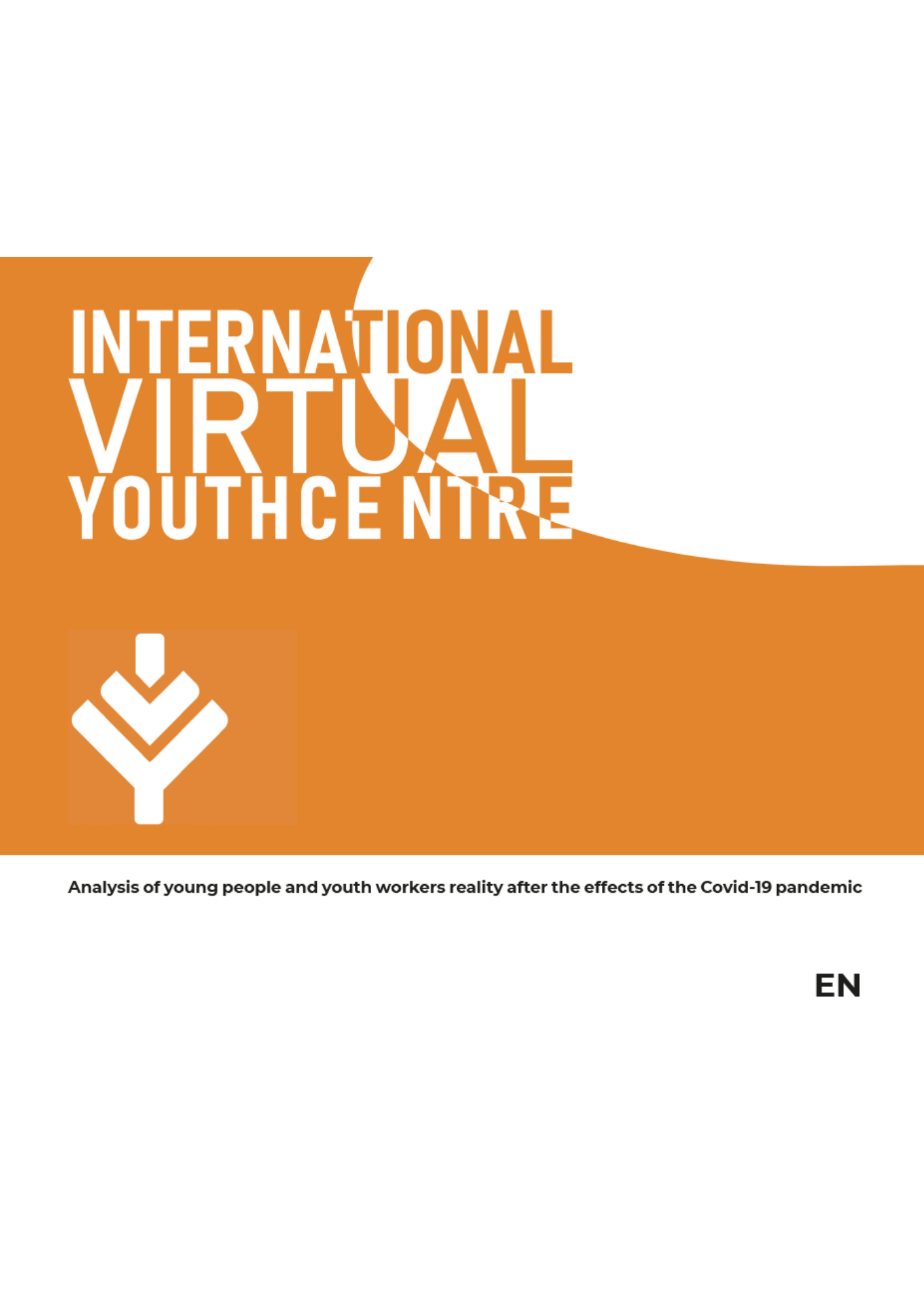
Youth & Youth Workers Post-Covid – Survey Results
Key findings from two surveys conducted across eight European countries, exploring the impact of the Covid-19 pandemic on young people and youth workers. The results offer valuable insights into the challenges faced during the crisis and highlight how youth work practices have evolved in response.
EN – DE – ES – CT – ITA – RO – RS – SLO
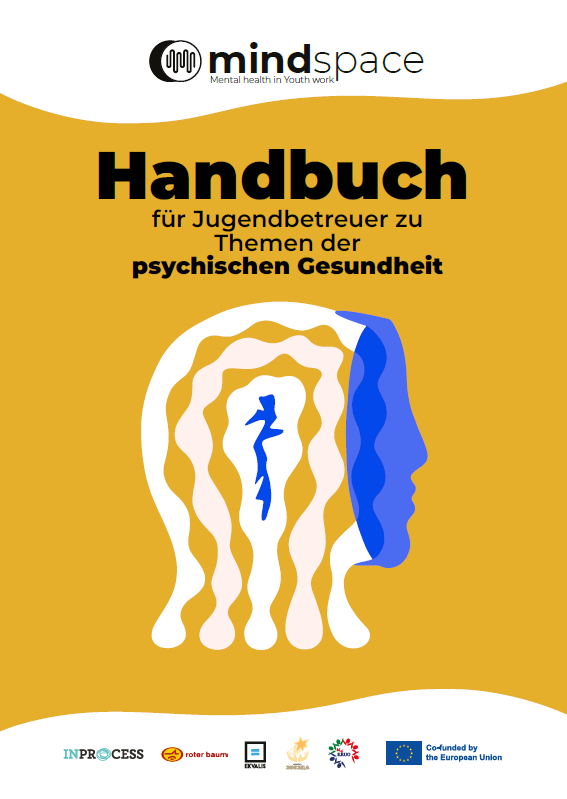
Mindspace. Mental Health in Youth Work - Handbook
A comprehensive guide for youth workers to support mental health in youth work settings, combining theoretical foundations with practical insights developed through the project. The handbook also offers tools to help youth workers implement mental health initiatives in their organisations.
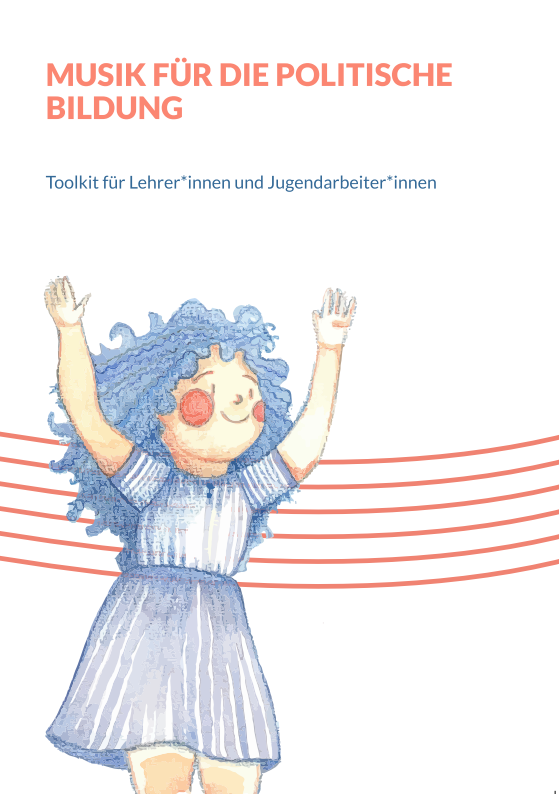
MELODY. Music and Civic Engagement - Toolkit
A practical toolkit that uses music as a tool to promote civic awareness, participation, and community connection among young people. Designed for both formal and non-formal education, it includes 16 creative activities that invite youth to explore democratic values and active citizenship through artistic expression.
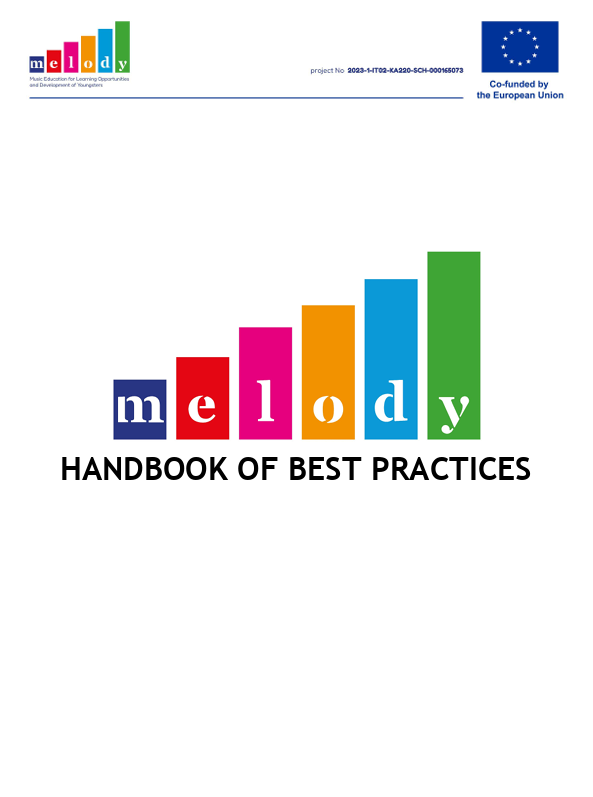
MELODY – Handbook of Best Practices
A collection of inspiring educational practices that use music to foster learning, civic engagement, and a sense of community. Developed by partner organisations across Europe, the handbook provides practical tools and approaches for educators, youth workers, and cultural professionals working with young people.
